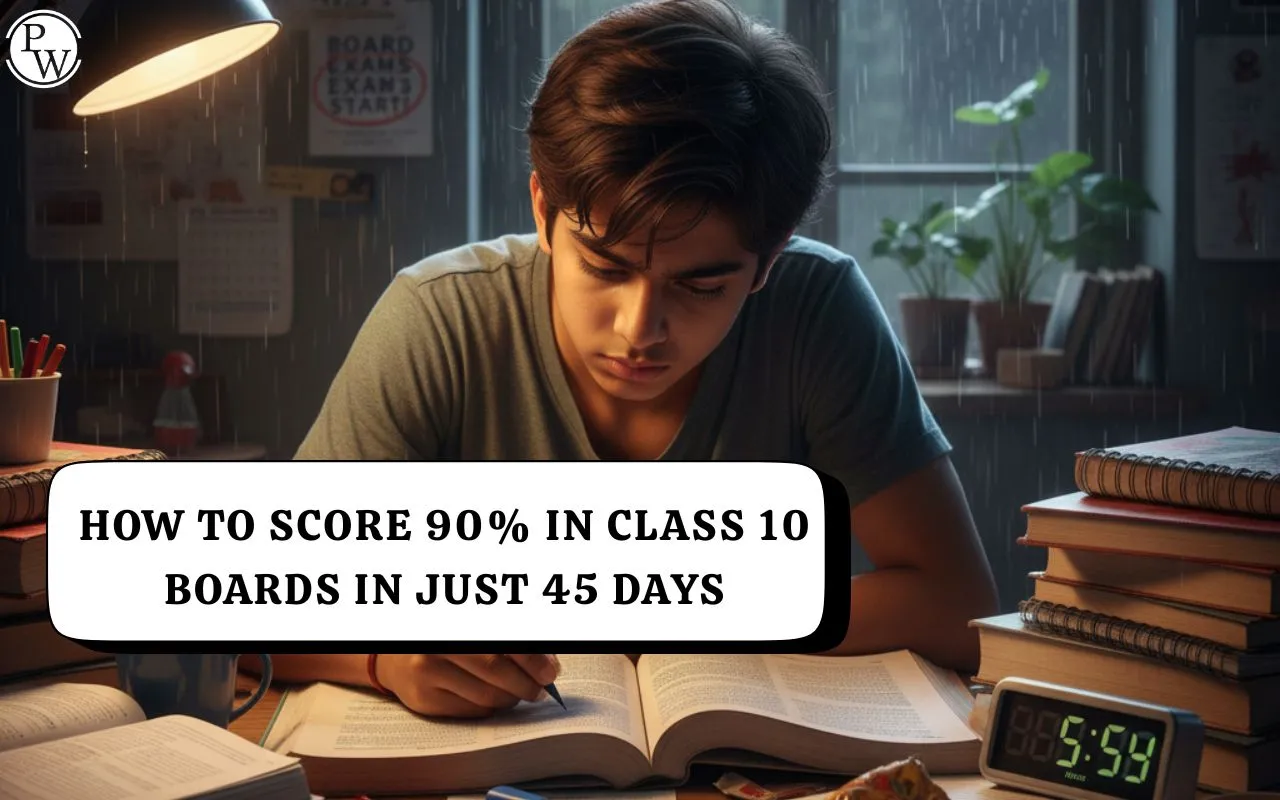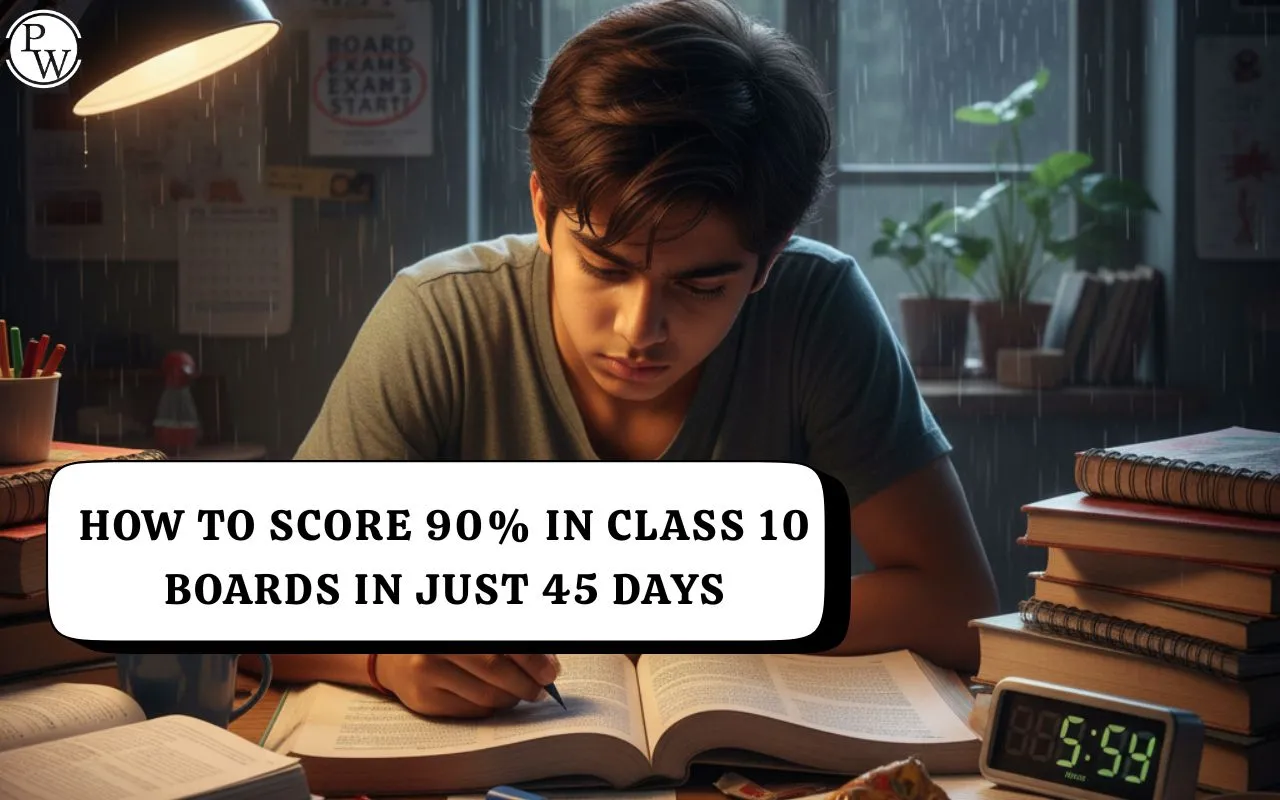

Students often judge themselves too quickly. Many feel that repeated attempts, changes in timetables, switching teachers, and restarting from zero automatically indicate failure. But the reality is different. The effort to restart even if it happens multiple times places you ahead of those who remain stuck in overthinking and self-doubt. This idea, referred to by the speaker as Eferm’s Law, becomes the starting point of this discussion.
This blog breaks down the two core issues highlighted in the original talk:
-
Why students cannot detach from distractions
-
Whether 45 days are genuinely enough to prepare for board exams
Both points are presented as straightforward observations about student behaviour and exam preparation.
1. Understanding Why Distractions Stay in Control
A major issue among students is emotional attachment to digital platforms. The difficulty isn’t the platform itself — it’s what students fear losing once they leave it.
-
Students avoid quitting Instagram because they worry friends might stop sending memes or reels.
-
They hesitate to uninstall Snapchat because a 6-month or 1-year streak feels too significant to break.
This attachment becomes the barrier.
To explain detachment, the speaker mentions the example of Tibetan monks who create large mandalas from rice flour. These artworks often take six months to a year to complete. Yet, once finished, they erase them immediately instead of preserving them. The practice teaches non-attachment: a reminder that progress often requires letting go of temporary things.
For students, the takeaway is simple: certain sacrifices and temporary isolation become necessary when working toward important goals.
A brief personal reference by the speaker adds context. His teacher once said,
“The struggle you are in today will give the strength for your tomorrow.”
This idea influenced his own preparation journey after Class 12, reinforcing the point that short-term effort leads to long-term outcomes.
2. The 45-Day Question: Is It Still Possible to Make a Comeback?
Many students ask whether 45 days are sufficient for meaningful preparation, especially when others have already completed the syllabus or begun revisions and mock tests.
The response given in the transcript is direct: yes, it is possible.
Historical examples — like the Mahabharata ending in 18 days or Gandhi’s Dandi March completed in 24 days — are used only to illustrate that significant progress can occur in short timeframes.
From an academic standpoint, 45 days can be productive when the study plan is structured, consistent, and focused on the right resources.
Project 45
To support students who feel lost or late, the speaker explains that his team has prepared Project 45, developed by analysing:
-
Sample papers
-
Question bank
Students often judge themselves too quickly. Many feel that repeated attempts, changes in timetables, switching teachers, and restarting from zero automatically indicate failure. But the reality is different. The effort to restart even if it happens multiple times places you ahead of those who remain stuck in overthinking and self-doubt. This idea, referred to by the speaker as Eferm’s Law, becomes the starting point of this discussion.
This blog breaks down the two core issues highlighted in the original talk:
-
Why students cannot detach from distractions
-
Whether 45 days are genuinely enough to prepare for board exams
Both points are presented as straightforward observations about student behaviour and exam preparation.
-
